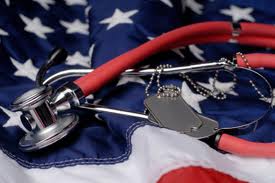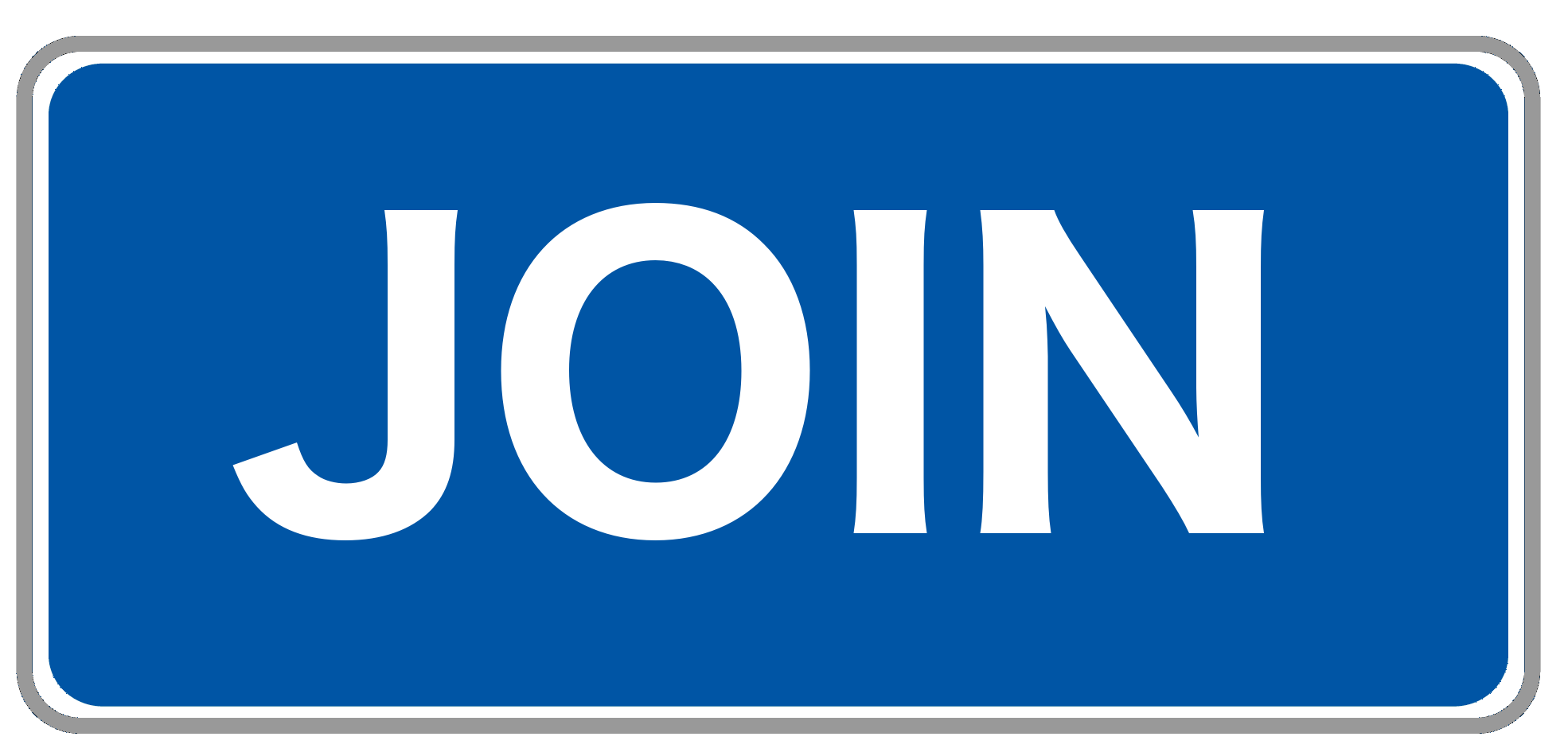Health Overhaul a Mystery to Vets

Carl Prine, Investigative Reporter Pittsburgh Tribune-Review Published: Sunday, July 21, 2013
An ongoing nationwide survey found that almost 76 percent of American military veterans don't know that delaying enrollment in a special Medicare program can trigger punishing late fees.
And 16 percent of vets wrongly believe they don't need to worry about Medicare, largely because government employees or their buddies misinformed them, according to Milwaukee-based 65 Incorporated, a Medicare consultancy.
“This is really important for veterans to understand: If they don't sign up for Medicare Part B at age 65, and they're no longer working, they could incur a 10 percent penalty on the premium for every month they delay, and this lasts for the rest of their lives,” said 65 Incorporated founder Diane Omdahl, a registered nurse who helps retiring vets transition to post-work health care coverage.
Social Security's Medicare Part B covers medically necessary services such as
doctor visits, lab costs, outpatient care, mental counseling, health equipment and home services. But it requires premium payments — about $100 per month for someone reporting $85,000 or less on income tax forms, or $170,000 for those filing jointly.
“For too many veterans, they're like a blind quarterback looking for where the football went,” Omdahl said. “You have a lot of them who are geographically dislocated from services with the (Department of Veterans Affairs), and you have others who have gotten bad scoop from the agency, and they're trying to get the right information, and they don't fully realize the implications for getting it wrong.”
What veterans know about federal health insurance programs never has been more important, experts say.
Omdahl worries that hundreds of thousands of veterans are equally uninformed about the Affordable Care Act of 2010. The legislation mandates that everyone have health insurance coverage of some kind. The Census Bureau's latest American Community Survey found one in 10 vets — 1.3 million nationwide — has no health insurance and nearly 1 million family members of veterans lack coverage.
“For many uninsured veterans, new coverage options under the Affordable Care Act will be important ways to get care,” said Jennifer Haley, a researcher with the Washington-based Urban Institute and co-author of a 2012 study on uninsured veterans that was updated in March.
For most uninsured vets, that means taking advantage of Medicaid, government health insurance for the poor, or federally approved plans through tax-subsidized insurance exchanges.
Haley's study charted veterans ages 19 to 64 no longer on active duty, and relatives in their households. Though the uninsured rate of vets is lower than that of the non-elderly population as a whole — about 11 percent, compared to 18 percent — it still means that 1.3 million vets plus their family members do not have coverage.
Having no insurance is especially prevalent among younger GIs who served during long wars in Afghanistan and Iraq. Among the hardest hit are vets lacking higher education and those without full-time jobs following the recession.
Care provided by the VA counts under that mandate, and 2.8 million of the 12.5 million vets in the survey report using VA services. Yet many vets don't qualify for help, and none of their family members do.
VA officials didn't return messages seeking comment. In the past, they have conceded that many of Pennsylvania's estimated 47,000 uninsured vets won't qualify for VA services and others will forgo help because of geographical distance and other barriers.
President Obama's health care overhaul could give veterans and their families access to coverage, Haley said, but the options “will depend on whether they live in a state that adopts the Medicaid expansion.”
Gov. Tom Corbett has resisted Medicaid expansion under the federal plan, as his administration negotiates for more flexibility for states that might later assume costs.
Common-sense changes would include a co-pay for services for able-bodied Pennsylvanians, said Corbett's spokeswoman Christine Cronkright.
“These reforms are important because the governor wants this program for our most vulnerable citizens — the disabled, the poor and our veterans — to be sustainable for the future,” Cronkright said.
If all goes as planned, Pennsylvania veterans and their families earning up to 138 percent of the federal poverty level would qualify for it next year. A veteran with three family members and combined household income of $31,809, for example, would be covered.
Pennsylvania's insurance exchange would cover those earning more. The state is one of 26 that chose not to operate an insurance exchange, leaving the federal government in charge of the program. It is scheduled to open on Oct. 1, state officials said.
Read more: http://triblive.com/news/allegheny/4376226-74/veterans-vets-health#ixzz2e2qDKrT8



